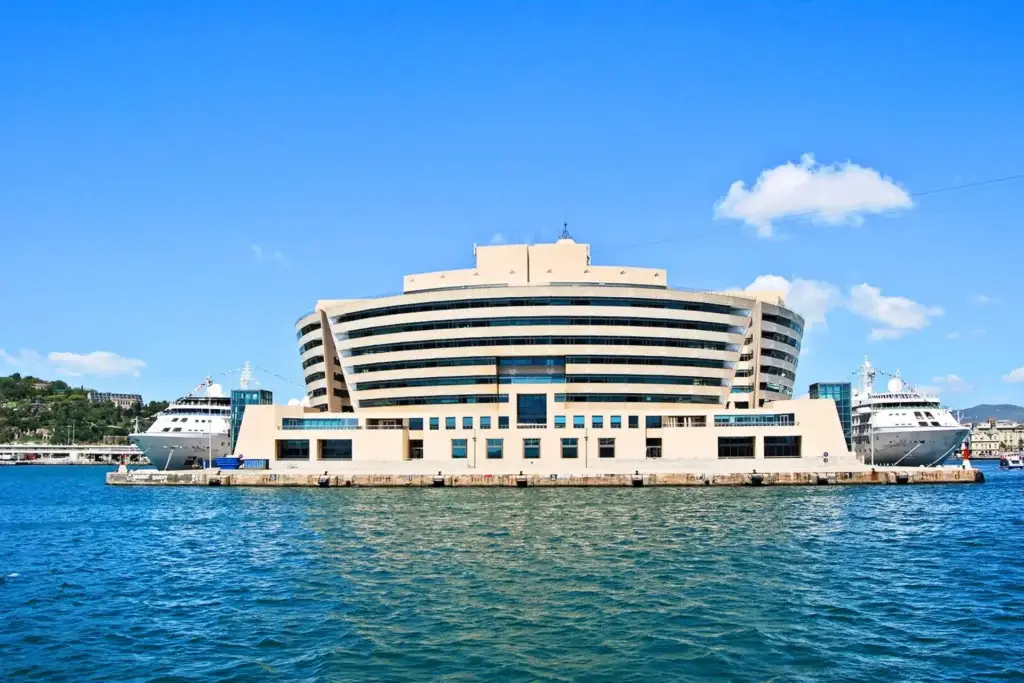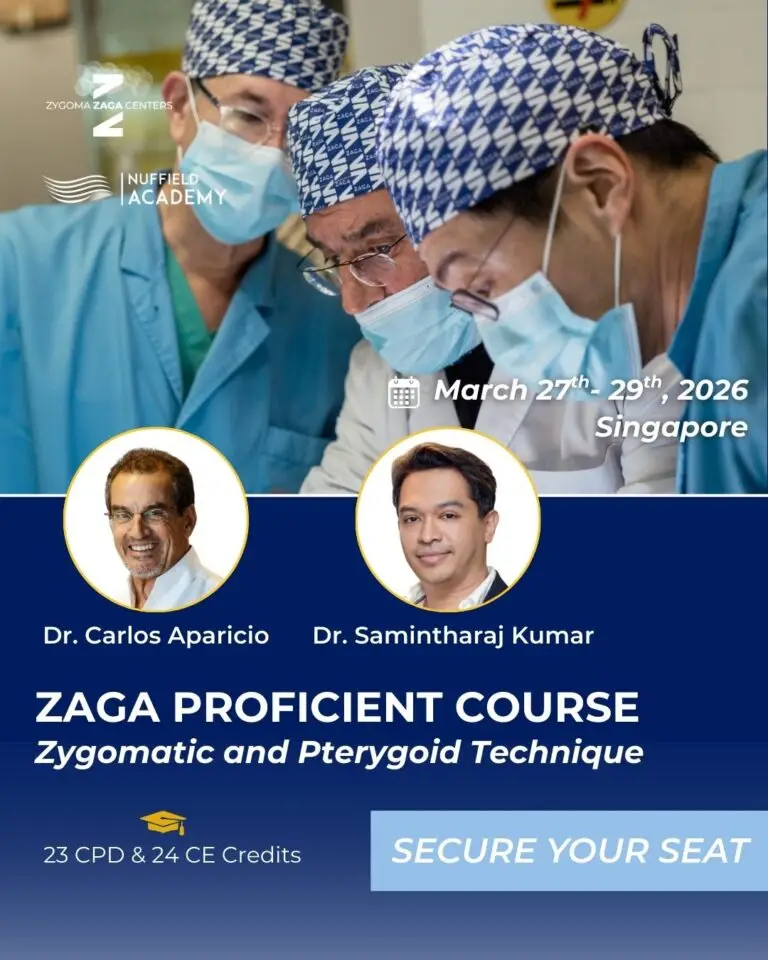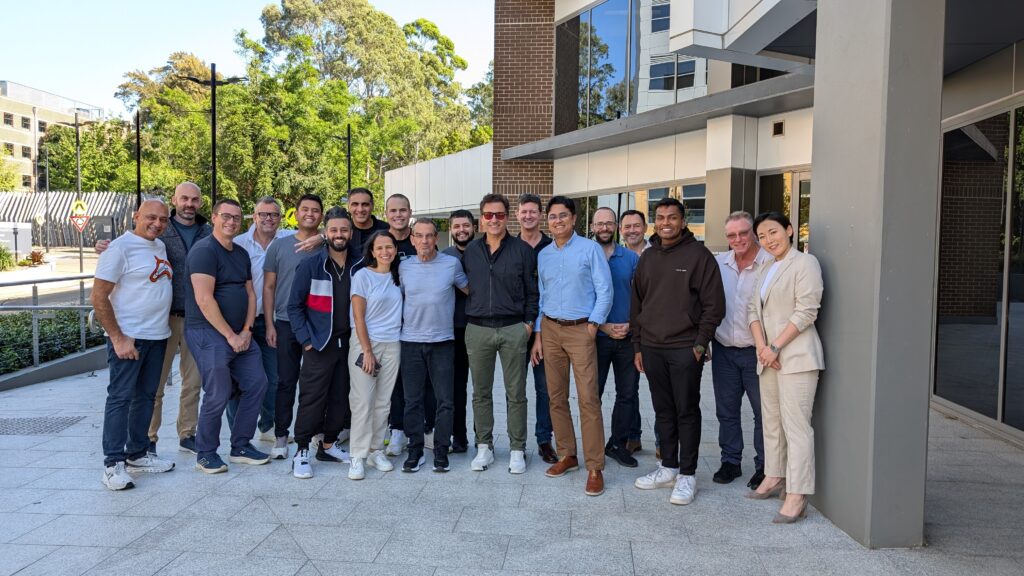
Mastering Remote Anchorage Solutions in Complex Cases
From March 31st to April 3rd, 2025, the city of Sydney became the epicenter of advanced surgical training in implant dentistry as it hosted the ZAGA Cadaver Course, a four-day intensive program designed to deepen the knowledge and refine the skills of professionals working in the most demanding areas of implant rehabilitation. Organized Zygoma ZAGA Centers, this course brought together a community of 22 dental professionals from across Australia and beyond—oral and maxillofacial surgeons, dental specialists, and general dentists alike—united by their shared goal: mastering remote anchorage solutions in cases of severe maxillary atrophy.
The course was led by Dr. Carlos Aparicio, the founder of the ZAGA Concept and one of the world’s leading authorities on zygomatic implants. He was joined by Dr. Khaled Zoud and Dr. Fadi Yassmin, both from ZAGA Center Sydney, who brought invaluable local expertise to the educational program. Over the course of four meticulously structured days, the participants navigated a curriculum that balanced theoretical depth, practical application, surgical strategy, and prosthetic insight.
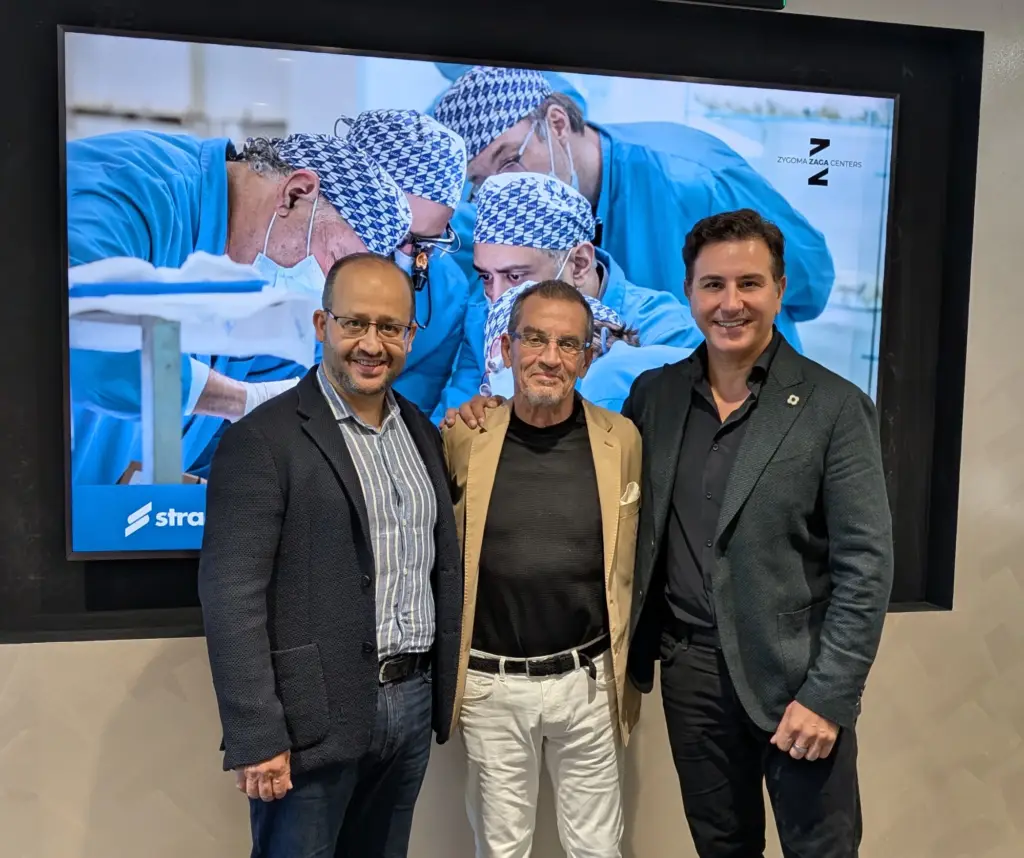
Setting the Foundations: Day 1
The course began at Dexus Place, a modern and fully equipped conference venue in Sydney’s bustling Central Business District. The opening session, led by Dr. Aparicio, focused on the ZAGA Concept, a philosophy that emphasizes patient-specific anatomical considerations in the planning and placement of zygomatic implants. Participants were introduced to the ZAGA classification, a key component of the method that helps clinicians tailor implant placement to the unique anatomy of each patient’s maxilla, thereby reducing complications and enhancing long-term stability.
In addition, the participants received an in-depth overview of the Straumann-ZAGA zygomatic implant system, including its design principles and clinical advantages. The day concluded with a practical hands-on workshop using Dental 3D Models, allowing the attendees to put theory into practice in a risk-free, tactile environment. These models provided a realistic platform for practicing implant placement, improving confidence and manual dexterity.
Biological Principles and Long-Term Success: Day 2
The second day focused on soft tissue management and biological stability, two pillars of successful implant therapy in complex cases. Dr. Aparicio emphasized the importance of maintaining soft tissue health and bone volume over time, especially when dealing with zygomatic implants that traverse critical anatomical zones. Participants explored techniques for achieving stable soft tissue closure, minimizing complications, and promoting favorable healing outcomes.
This day was also an opportunity to reflect on the long-term responsibilities of implant professionals. Through real case examples and interactive discussion, the faculty underscored the clinical, ethical, and emotional components of full-arch rehabilitation in edentulous patients. Ending with a hands-on session with high-definition dental 3D models, the day reinforced the idea that surgical success begins not just with precision but with a holistic understanding of patient needs.
Surgical Expansion and Digital Integration: Day 3
The third day of the course expanded the surgical perspective to include pterygomaxillary implants, with an engaging and hands-on session led by Dr. Khaled Zoud. These implants offer critical posterior support in atrophic cases, and their successful placement requires thorough anatomical knowledge and technical precision. Dr. Zoud provided an overview of the surgical protocol, indications, and step-by-step placement technique.
In the afternoon, Dr. Fadi Yassmin guided participants through the digital prosthetic workflow, highlighting the synergy between surgical planning and restorative execution. Through the integration of digital scans, virtual planning, and guided fabrication, the course illustrated how a digital approach can streamline the full-arch rehabilitation process, improving predictability and patient satisfaction.
By combining surgical and prosthetic workflows, this day helped participants visualize the complete clinical journey—from diagnosis and planning to execution and long-term care. At the end of the 3rd day, the participants also had the opportunity to put in practice all the knowledge acquired during the day with another hands-on session, with high-definition segmented dental 3D models provided by Dental 3D Models.
From Models to Reality: Cadaver Lab on Day 4
The fourth and final day took place at Macquarie University, where participants transitioned from synthetic models to cadaveric dissection and implant placement on cryopreserved specimens. This is arguably the most valuable part of the course for many attendees, as it offers the rare opportunity to perform real procedures in an anatomically accurate and realistic environment.
Working under the supervision of Dr. Aparicio, Dr. Zoud, and Dr. Yassmin, the clinicians placed both zygomatic and pterygoid implants, applying the knowledge and techniques acquired over the previous days. This experience not only allowed them to refine their surgical technique but also to gain a deeper appreciation for anatomical nuances that can influence outcomes.
By the end of the session, participants expressed a clear boost in confidence and clarity, ready to implement what they had learned into their daily practice.
Beyond Learning: Connecting Through Experience
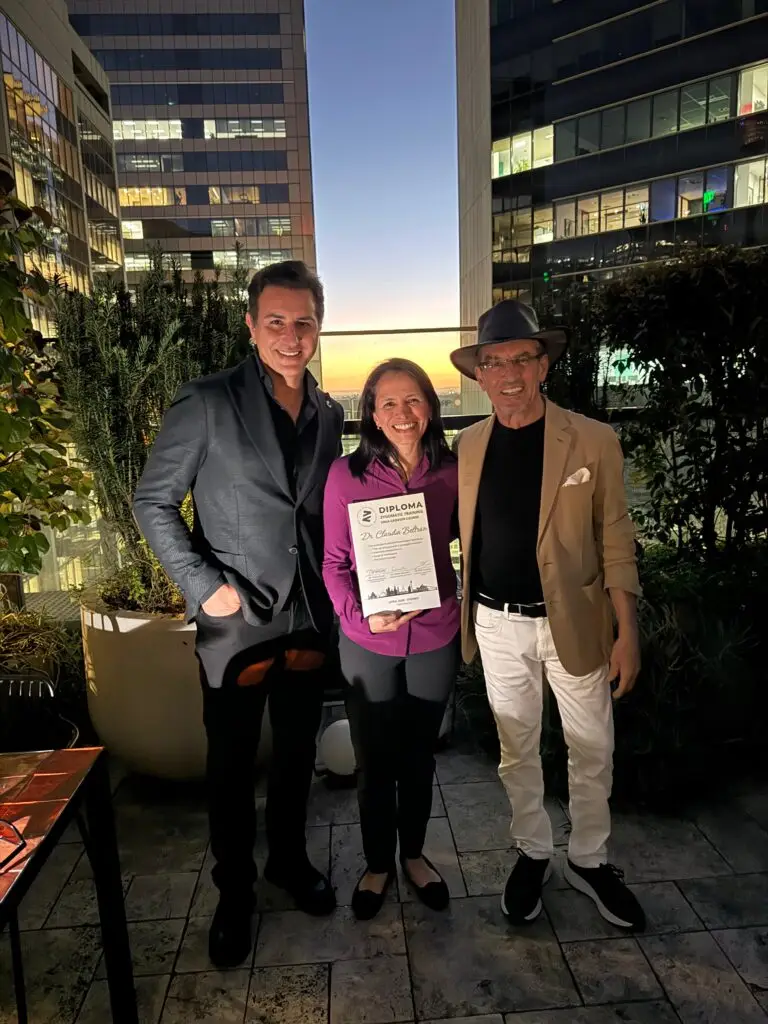
This Sydney edition of the ZAGA Cadaver Course was made possible through the collaborative efforts of key partners: Straumann Australia, Quintessence Publishing Australia & New Zealand, Innodent, BioMeDent, and Dental3D Models. These organizations played a vital role in delivering a premium educational experience, from providing high-quality equipment and implants to facilitating access to learning materials.
The educational excellence of the ZAGA Cadaver Course was matched by its human dimension. On the evening of the third day, participants gathered on the rooftop terrace of the Little National Hotel, enjoying panoramic views of Sydney’s skyline in a relaxed and festive atmosphere. This social event created a space for attendees to unwind, share insights, and build lasting professional connections with colleagues and faculty alike.
Moments like these remind us that learning is also about community. The ZAGA philosophy is not only about technique—it’s about creating a network of clinicians committed to evolving together.
ZAGA Course Alumni Testimonials
The participants expressed satisfaction and enthusiasm about the course, emphasizing the high-quality content, expert faculty, and hands-on sessions. The course feedback was overwhelmingly positive:
- Overall satisfaction: 9,8/10
- Satisfaction with theory sessions: 9,9/10
- Satisfaction with hands-on cadaver sessions: 9,6/10
- Satisfaction with hands-on 3D model sessions: 9,5/10
- Satisfaction with pterygoid implant sessions: 9,4/10
Following the remarkable success of this Sydney edition, the ZAGA community now looks ahead. The next opportunity to engage with the ZAGA Concept will be the ZAGA Course in June, followed by Edentulism 2025, the world’s largest dental event dedicated to full-arch rehabilitation and solutions for the edentulous patient.
Don’t miss the opportunity of getting the full package and live the complete experience, enhancing your practice to the highest level: ZAGA Course + Edentulism 2025 from the 2nd to the 7th of June, 2025.
As always, these events are more than just courses—they’re transformative experiences that elevate clinical practice and redefine what’s possible in implant dentistry.

